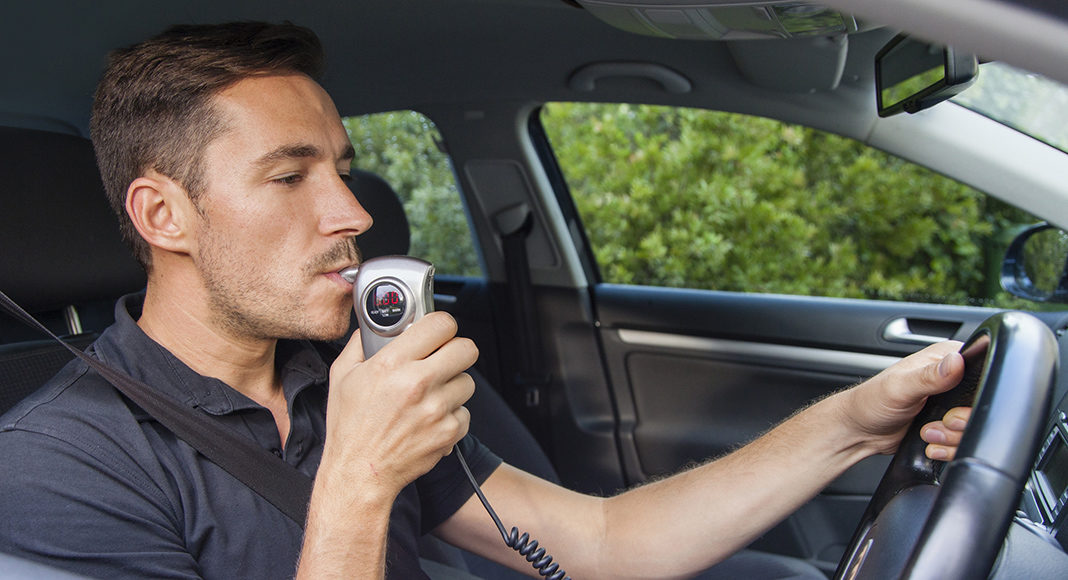Nearly half of drink drivers in New Zealand facing an alcohol interlock on their vehicles are not being sentenced to install one despite law changes, a new report has found.
The AA Research Foundation study analysed six months of court data from when alcohol interlocks became a mandatory sentence for many drink drivers in July 2018.
Among its key findings were:
- 52 percent of the drink drivers eligible for an interlock were sentenced to one
- Only 11 percent of drink drivers under 20-years-old received an interlock sentence
âThe AA is concerned that high-risk drink drivers may be finding loopholes to avoid an interlock,â said AA road safety spokesperson Dylan Thomsen.
âInterlocks are the best tool we have for keeping drink drivers off the roads. The few hundred interlocks weâve had operational in New Zealand in the past have prevented thousands of attempts to drive by someone with alcohol in their system and thatâs why itâs crucial that as many high-risk drink drivers as possible are getting a device put in their car.â
In July 2018 it became law that all drink drivers caught more than once within five years, or detected at three times the adult alcohol limit, faced an interlock sentence apart from in certain circumstances. The technology stops drivers from being able to start their car without first blowing into a breathalyser to prove they are alcohol-free.
A separate piece of research commissioned by the AA also showed that many of those sentenced to an interlock donât appear to be complying with the sentence. More than 4,200 interlock sentences were made last year but less than 1,800 devices were installed.
âItâs not enough to just sentence someone and not have good processes and monitoring in place to make sure people are getting an interlock as they have been ordered to,â added Thomsen.
The AA Research Foundationâs most recent reports on alcohol interlocks are available here.



















